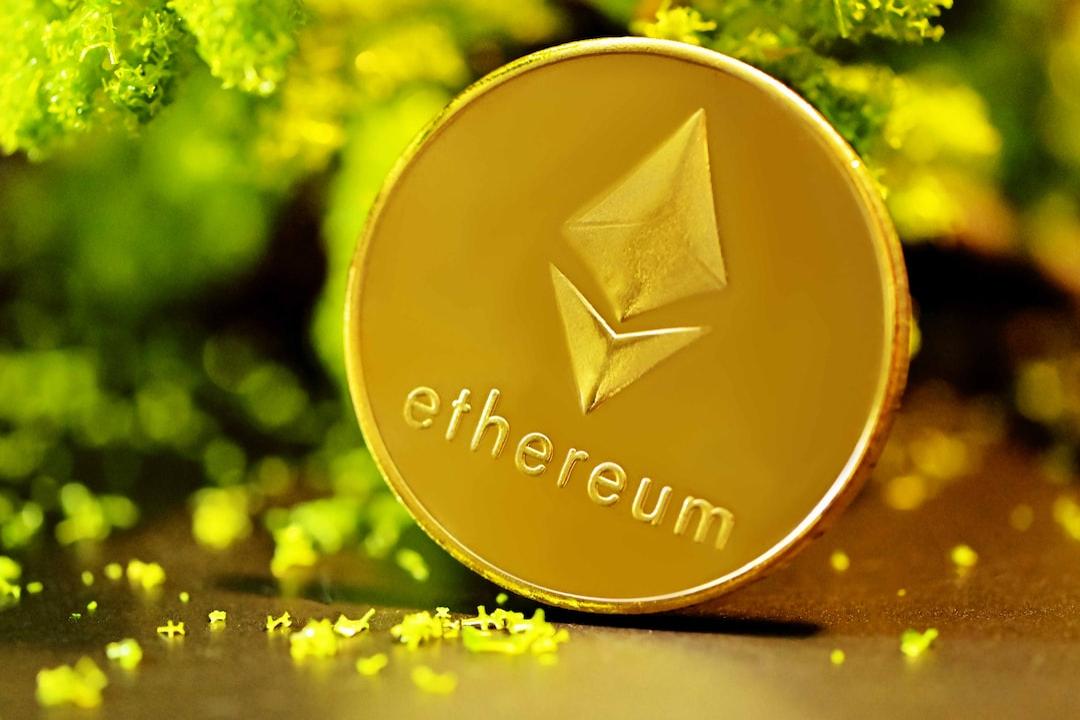Magic Eden, a NFT marketplace built on the Solana blockchain, achieved its highest monthly trading volume in March, surpassing the industry leader Blur. According to CoinGecko’s Q1 2024 report released on April 17, Magic Eden’s NFT trading volume rose by 194.4% to $756.5 million, while Blur saw a marginal increase to $530.4 million.
CoinGecko attributed Magic Eden’s rise in rankings to its new Diamond reward program and its ongoing partnership with Yuga Labs. Notably, Magic Eden severed ties with NFT marketplaces that did not support creator royalties, further contributing to its success. This marks the sixth consecutive month that Magic Eden has seen an increase in trading volume.
In the graph provided by CoinGecko, it can be observed that Magic Eden has climbed the ranks of NFT marketplaces by trading volume since October 2023. March was the first month that Blur was surpassed as the leading NFT marketplace by trading volume since OKX’s NFT marketplace capitalized on the Bitcoin Ordinals craze in December. Prior to that, Blur held the top spot for 10 consecutive months after surpassing OpenSea in February 2023.
However, OKX has experienced a significant decline in Bitcoin NFT trading volume since then, losing ground to Magic Eden and UniSat. As a result, its trading volume has dropped by 73.3% since December to $180 million. Despite this decline, OKX still managed to secure the third-largest NFT trading volume in Q1 2024, with Solana-based Tensor and OpenSea rounding out the top five.
Overall, NFT trading volumes across the top 10 marketplaces reached $4.7 billion in Q1 2024, representing a 51.6% increase from Q4 2023. Despite this growth, the floor prices of popular NFT collectibles like Bored Ape Yacht Clubs and CryptoPunks have experienced significant declines of over 91% and 64% respectively since reaching their peak values in May 2022 and October 2021.
The enforcement of creator royalties has emerged as a major issue between NFT marketplaces and studios in recent times. OpenSea, once the leading NFT marketplace, controversially discontinued its on-chain royalty enforcement tool in August. CEO Devin Finzer stated that the tool did not achieve the desired success, and accused competitors like Blur, Dew, and LooksRare of bypassing it through integration of the Seaport Protocol, thereby avoiding creator fees.
However, OpenSea partially reversed its stance earlier this month by introducing support for an ERC-721C programmable earnings standard. This move indicates a shift in OpenSea’s position on creator royalties and highlights the ongoing discussions surrounding this issue within the NFT market.
In summary, Magic Eden’s impressive trading volume in March has propelled it ahead of Blur as the leading NFT marketplace. OKX, although experiencing a decline in trading volume, remains among the top three marketplaces. The NFT market as a whole has seen significant growth in trading volumes, but the prices of popular collectibles have witnessed substantial declines. The enforcement of creator royalties continues to be a contentious topic within the industry.

